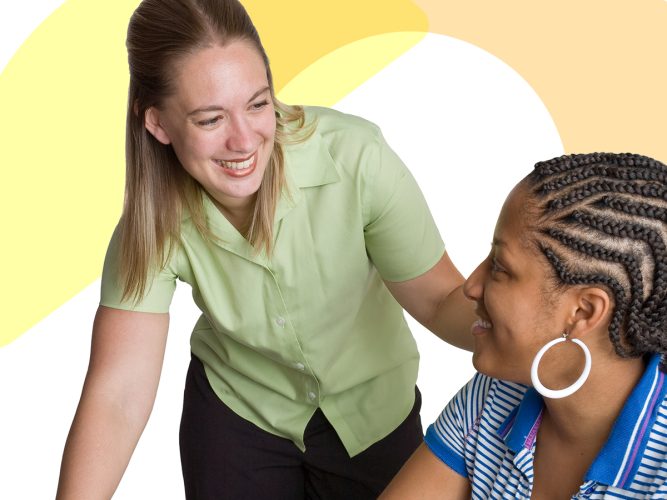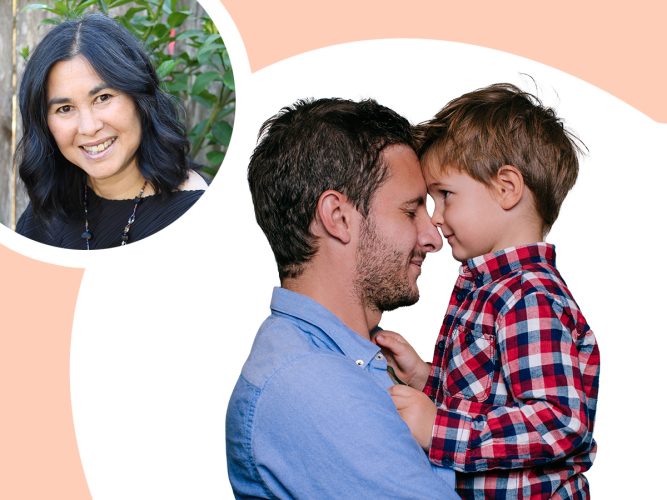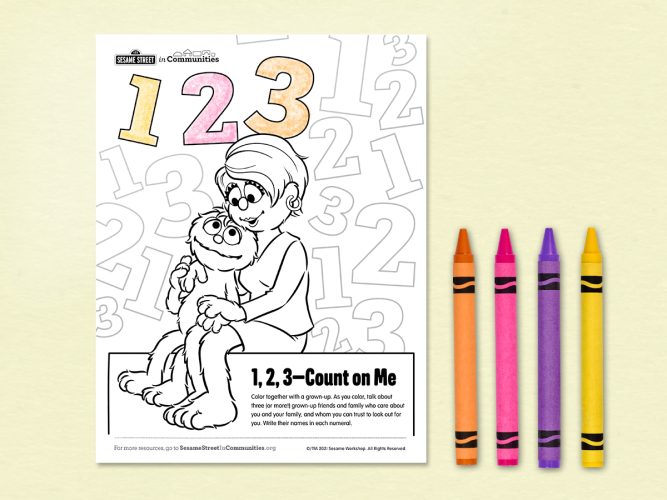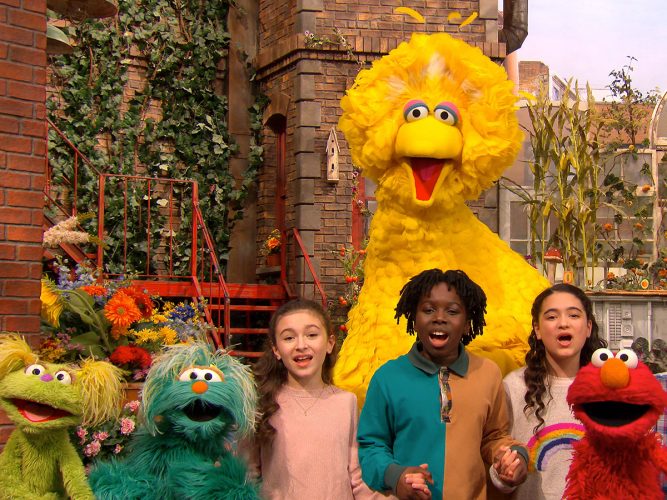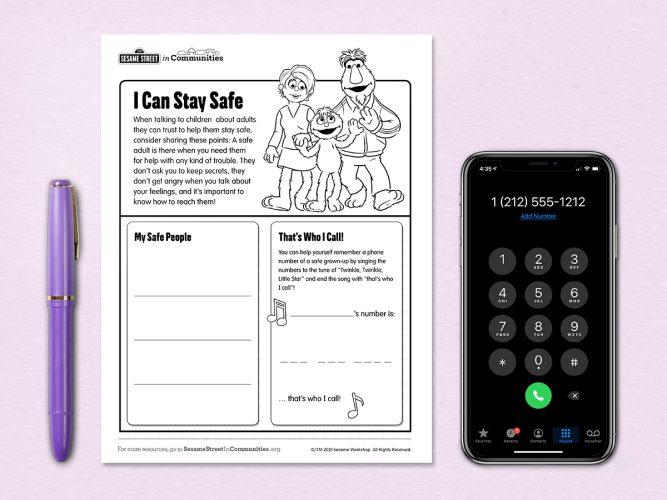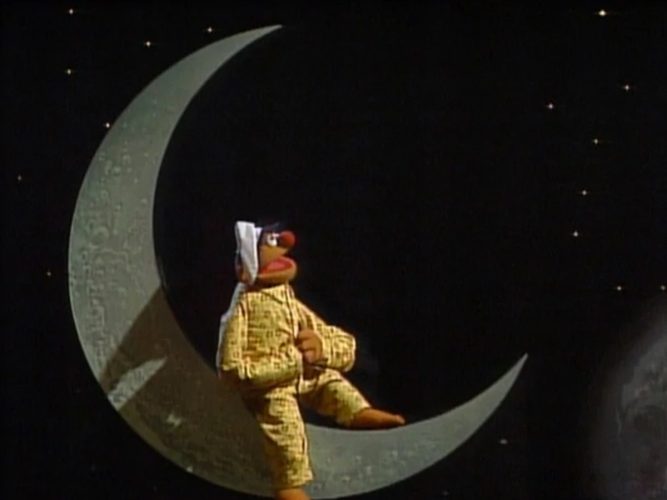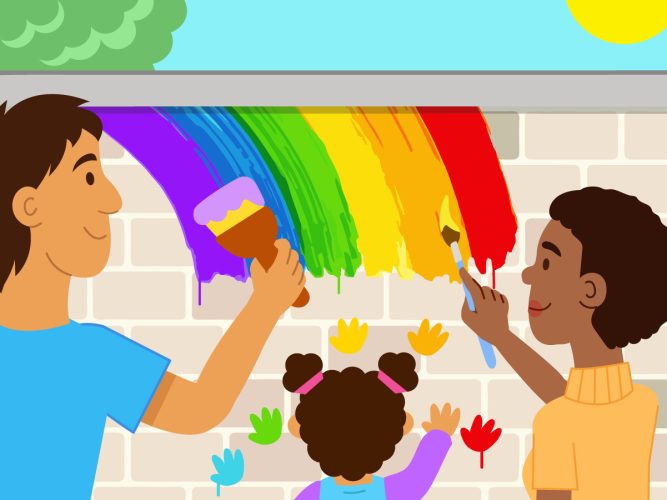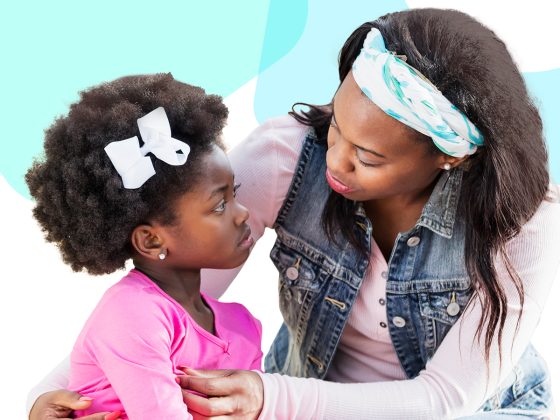
Stress in Preschoolers
Watching for signs of stress.
Preschoolers often display their concerns through actions rather than words. Here are some things to watch for:
- Unusual clinging
- Fear of being alone or without you
- More frequent tantrums or angry outbursts
- Hitting or biting
- Wetting the bed or sucking thumb again
- Eating more or less than usual
- Can’t sleep or is restless
- Cries more than usual
- Fewer smiles, less laughter
- Won’t try new things
- Bothered by sudden or loud noises
- Trips, falls, or drops things a lot
- Less open or outgoing than usual
Watch and Listen
Here are some common reactions and ways you can respond.
What You Might Observe . . . How You Can Help . . .
|
Unusual clinging or fear of being alone |
Give your child more hugs, hand-holding, and time on your lap. Use gentle words and reassure him that you will keep him safe. Offer a comfort item like a toy or blanket. |
|
Wetting the bed, thumb-sucking, or baby talk |
Know that these are normal behaviors after a stressful event. Keep offering plenty of love and affection. |
|
Fear that the disaster will happen again |
As much as possible, try to keep your child away from the news or other reminders of the event. Remind her that the event is over and that she is safe with you. |
|
Trouble sleeping |
As much as possible, keep a consistent routine. Provide comforting activities. Offer extra cuddles, read a favorite story, or sing a favorite song each night. |
|
Less open, verbal, or outgoing than usual |
Spend time together and offer other ways for him to express himself, such as drawing. |
|
More frequent outbursts and tantrums | Help your child put her feelings into words, such as angry, sad, scared, or worried. Provide an outlet by allowing her to play or by going for a walk together. |
If these behaviors last for more than a few weeks, seek help from a mental health professional, teacher, or counselor.
